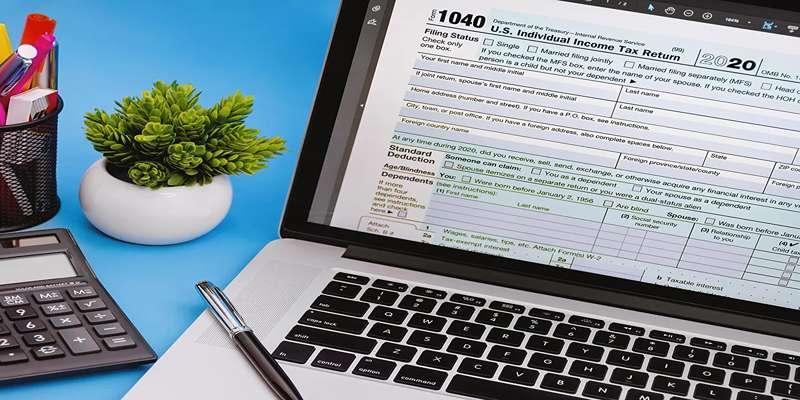
Retirement can be the crowning glory of a fantastic career or a terrifying upheaval, depending on your perspective. Either way, deciding when to retire is crucial for anyone at any age. Whether you're trying to figure out if now is the right time or just planning, there are pros and cons to retiring at different stages in life – from your late twenties up through your sixties and beyond. In this blog post, we'll explore the potential costs and benefits associated with selecting a retirement date at each stage in life so that everyone can make an informed decision when heading into retirement.
Why is it important to consider different ages?
It is important to consider different ages when looking into retirement because each life stage has its unique set of costs and benefits. For example, retiring in your late twenties or early thirties allows you to reap the rewards of a long career while enjoying good health and energy levels. On the other hand, delaying your retirement until later in life can give you more time to save up funds for retirement, but it also comes with a greater risk that your health may prevent you from thoroughly enjoying it.
The economic landscape is forever changing, which means there are always new opportunities and challenges associated with various stages of life. By considering different ages when looking into retirement, you can gain better insight into what options might be best for you at any given time.
The decision of when to retire should be tailored to each individual's needs and circumstances, so looking into the pros and cons of different ages is an essential first step in making the right choice.
Pros of retiring early, such as having more time to pursue hobbies or travel:
Retiring early allows you to enjoy life more and take advantage of the experiences of being young. This can include having more time to pursue hobbies or travel, spending quality time with family, or simply taking it easy without work stress. You'll also likely have a much lower cost of living than you had while working since your expenses will be reduced significantly when you no longer need to commute to and from work every day. Plus, retiring early often comes with access to certain benefits like Social Security at an earlier age.
Cons of retiring early, such as missing out on promotions or higher salaries:
With any retirement decision, there are always potential downsides. One major con for those who choose to retire in their twenties or thirties is the risk of missing out on promotions or higher salaries as their career progresses. You will also likely miss out on opportunities to diversify your investments and build a retirement fund that can sustain you in later life. Additionally, early retirement may mean not having access to an employer-sponsored health plan when you need it most. After all, deciding on retirement age is essential to factor in future medical costs.
Ultimately, selecting the right date for retirement should be based on what works best for each situation, so looking at the pros and cons of different ages can help everyone make an informed decision. It's important to consider financial stability, lifestyle goals, and health concerns before deciding when to retire.
When is the right time to retire for you?
Deciding when to retire is a callous and highly personal decision. There are no fixed rules about the right age to retire, and two people in the same situation can come up with highly different answers. Before anyone makes the retirement decision, it's important to assess one's financial needs, health considerations, emotional readiness, and social support - all of which play a significant role in determining whether or not it is time to step away from work. Ultimately, it's up to each person to determine what they feel is the right time to retire.
When is best for each person to retire based on their specific situation and goals?
When considering retirement planning, it is essential to look at your financial situation. Do you have enough saved up for retirement? How much do you need to feel secure during your golden years? Having adequate savings and other sources of income can make all the difference when deciding when to retire.
Age is also a significant factor in determining when it is best to retire. Generally speaking, the earlier someone retires, the more time they will have to enjoy their life outside work and take advantage of various benefits.
How can people make an informed decision about when they should retire?
The first step in determining when to retire is to evaluate your current financial situation. Calculate how much money you have saved, what income sources you can rely on after retirement, and if any additional funds will be necessary.
Once you better understand your financial position, it's important to consider other factors such as age, health, and lifestyle preferences. For example, if you are in good health and still have unfulfilled dreams or goals to accomplish, it might make sense to delay retirement for a few more years. On the other hand, if physical ailments or mental fatigue make it difficult for you to work, then earlier retirement may be the best option.
Conclusion:
Retirement planning is a highly personal decision, and there is no hard-and-fast rule for what age someone should retire. By thoroughly evaluating your finances and considering your age, health status, and lifestyle preferences, you can make an informed decision about when to retire. It's important to remember that retirement should be a period of rest, so don't rush into it if you aren't ready. Take the time to plan wisely so you can enjoy your golden years worry-free.
FAQs:
- Q: What should I consider before deciding when to retire?
A: When planning for retirement, it is important to consider your financial position, age, health status, and lifestyle preferences. Evaluate what you need to feel secure during your golden years and how much time you want to enjoy life outside work.
- Q: How can I ensure I have enough money saved for retirement?
A: Start by thoroughly evaluating your current savings and income sources. Consider any additional funds that may be necessary and create a budget so that you are saving regularly.







